Snailblazers
Since 2017, Slow Food USA’s Snailblazer Award has honored individuals and communities that are furthering the mission of Slow Food throughout the country. The Snailblazer Award is an official honor given to the most dedicated leaders in the food community — people who are deeply, actively committed to local, sustainable and fair food systems. They’re the heart and soul of change-making in the world of food, and each is a true example of what it means to bring good, clean and fair food to all.

MEET THE 2022 SNAILBLAZER AWARDEES

FAMILY FARMING
CLAYTON BRASCOUPE, Mohawk / Anishnabeg
Life long gardener / farmer Clayton Brascoupe began working on family subsistence gardens and commercial farms at age 13. Clayton has worked with Akwesasne Notes (1970 – 1985), which at the time was the largest Native Newspaper, with distribution nationally and internationally. Currently farming with family at Pueblo of Tesuque New Mexico since 1973, Clayton and wife Margaret named their farm Four Sisters Farm after their 4 daughters. There, they grow traditional and heirloom crops for food and seed.
Clayton is a founding member of and Program Director of the Traditional Native American Farmers Association (TNAFA), a non-profit inter-tribal association of Indigenous farmers, gardeners, educators, and health professionals. As Program Director of TNAFA, he develops educational programs to engage Native youth, women, current farmers and those who wish to learn. Clayton has taught Indigenous farming to other Native communities in the Greater Southwest USA, Canada, Mexico and Belize. He is a founding member of several other Indigenous organizations involved in promoting agriculture and Indigenous foods, including Native American Food Sovereignty Alliance (NAFSA), Slow Food Turtle Island Association (SFTIA) and the Traditional Bow Makers Society.

FOOD AND AGRICULTURE ADVOCACY
Fernando AND Marlene Divina
Chef Fernando was raised on a farm, which gives him unique perspective in his work as a chef. His work in restaurants has focused on farm to table- creating real connections and supply chains that have had significant impact on the PNW region. He built chef gardens in the dessert in Eastern WA as part of his restaurant concept at SageCliff, this was groundbreaking for the area.
Chef Fernando’s & Marlene’s cookbook Foods of the Americas- Native recipes and traditions, won a James Beard award and recognition from the Smithsonian. This brought attention to the importance of preserving these native foods and traditions.
The above is only a tiny slice of the impact that work Fernando and Marlene do in the region.
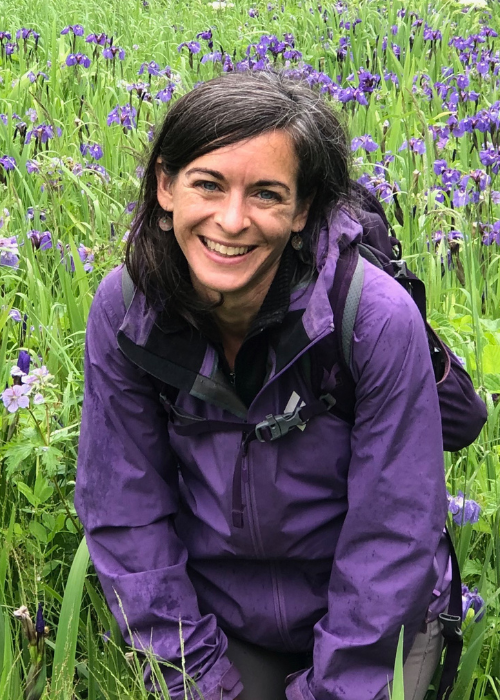
FISHING AND WATERWAYS
Elizabeth Dubovsky
Based in Anchorage, Alaska on the traditional lands of the Dena’ina people, Elizabeth Dubovsky has been working since 2005 to promote and protect Alaska’s wild salmon fisheries. With degrees in environmental science and policy from the University of Virginia, Elizabeth is the Marketplace Manager at SalmonState, an Alaska-based advocacy organization. For the last 15 years, Elizabeth has been fighting to protect Bristol Bay – the world’s largest wild salmon fishery – from the proposed Pebble Mine. Recognizing the power of the seafood marketplace, Elizabeth created a national coalition of seafood harvesters, processors, retailers, chefs, and businesses that support protection of Bristol Bay. In addition to fighting the Pebble Mine, Elizabeth has also been a longtime champion for community supported fisheries and building more resilient local food systems. She has served on the board of Slow Food Southeast Alaska, Community Food and Agriculture Coalition, and is currently on the Executive Committee for the Local Catch Network. When not working to protect Alaska’s salmon, you can find Elizabeth in the kitchen baking for friends and family or out running in the mountains with her trusty canine, Keta.

CHILDREN AND EDUCATION
Althea AND Julia Dunn
Althea and Julia Dunn have varied backgrounds, one in outdoor education, and the other in early childhood education, and they chose to combine their passions and educational experiences and philosophies to create their own early childhood education program, Pisgah Collective, in 2017. They are both thrilled to be teaching kiddos together in WNC! Pisgah Collective provides a community of kind, independent thinkers to promote exploration and discovery of our relationship with nature. We spend our time with hands in the dirt and the smiles that come from feeling connected with our surroundings.
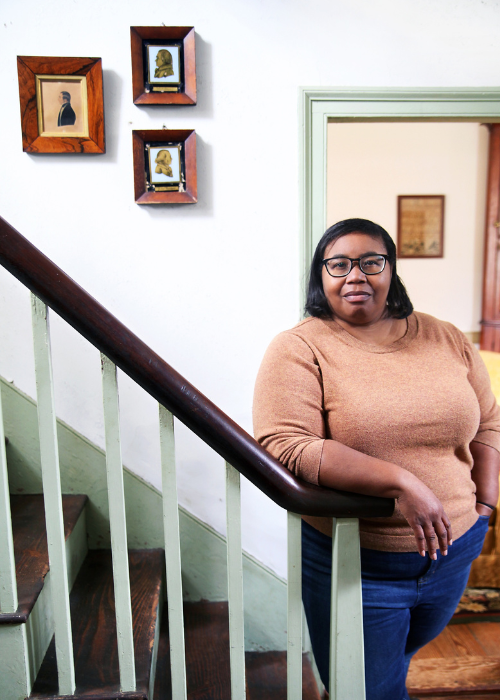
FOOD STORYTELLING
DEBRA FREEMAN
Deb Freeman writes about the intersection of race, culture, and food. She has written for outlets such as Eater, Conde Nast Traveler, Plate Magazine, Food 52, Epicurious, Garden and Gun, Pit Magazine, Gravy, and Gastro Obscura on topics including the legacy of Black farmers, the significance of yellow cake in the Black community, Black veganism, and the importance of spoon bread. Freeman is also the host of Setting the Table, the critically acclaimed podcast about African-American foodways.
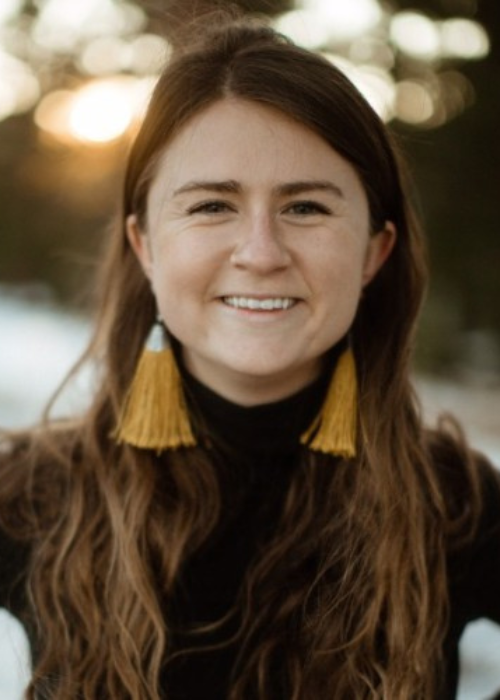
EMERGING LEADER
CARLY HERRON
Carly is the Senior Program Coordinator at the Good Food Accelerator (GFA), one of the three programs at Good Food Catalyst, working to assists business owners in the Good Food space through classes, mentorship, networking, and events.
Outside of her role at GFA, Carly is the Founder and Director of a community dinner project called Next Door Dinners. Through pay-what-you-can dinners, she is working to build community across the city and raise money for various Chicago nonprofits. In her free time, Carly loves to camp, cook for friends, and play the piano!
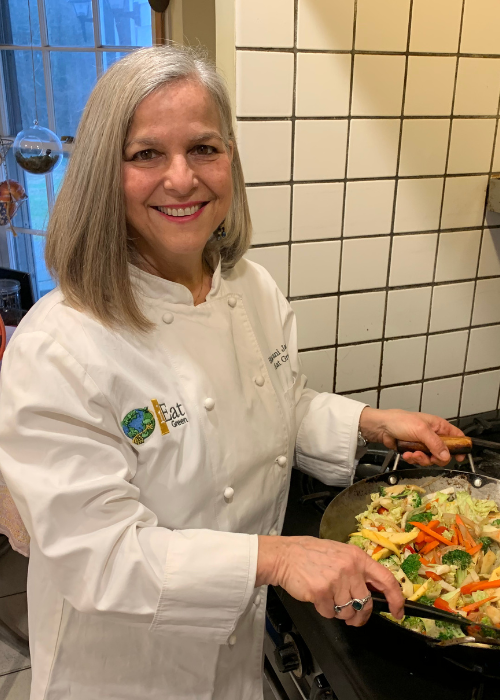
COOKING AND COMMUNITY
BHAVANI JAROFF
Bhavani Jaroff is the owner of iEat Green, LLC, a multi-faceted organization providing chef services, cooking classes, organic teaching gardens, and educational demos. She is a Natural Foods Chef, specializing in international vegan cuisine and is host of the iEat Green Radio Show on the Progressive Radio Network. She is an educator and activist, the chair of Slow Food North Shore, a board member of NOFA-NY, and former Farm to School Coordinator for the City of Glen Cove School district. Bhavani holds a Masters of Education from Antioch University and a Bachelors of Fine Arts from SUNY Purchase. Since the pandemic, Bhavani has returned to her roots and is working with her husband at Jaroff Studio, an architectural metal and glass design firm, creating inspirational spaces in New York City and beyond.
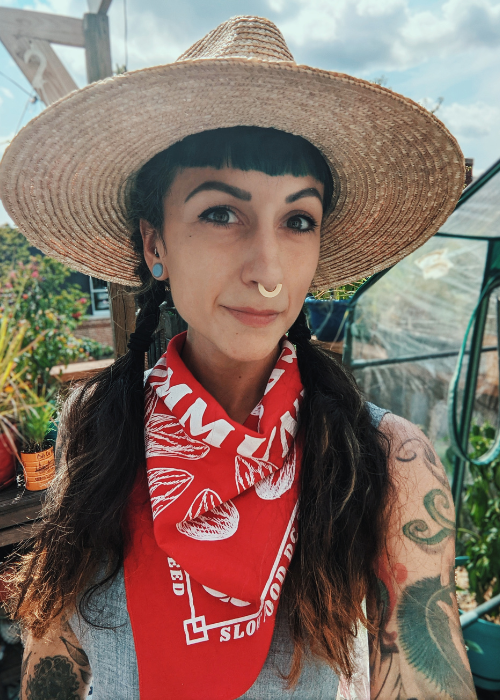
FOOD JUSTICE
REANA KOVALCIK
Reana is a DC-based policy and communications professional dedicated to making the food and farm system more equitable and sustainable. She currently serves as the Policy Director for DC Greens, a community-focused non-profit dedicated to advancing health equity by building a just and resilient food system. Reana has worked on food, agriculture, and social welfare issues for over 12 years across three major US cities at both the local and federal levels. At the beginning of the coronavirus pandemic, Reana worked with Slow Food USA to develop the mutual aid seed-sharing project, Share a Seed, which has today blossomed into a thriving program that spreads abundance and grows community across the District of Columbia.
Reana received her Master Gardener certification from the University of the District of Columbia and is an active gardener, farm leader, and volunteer. She has been part of the Slow Food community for nearly 15 years and currently serves on the Boards of the national Farmers Market Coalition and Slow Food DC, and on the Slow Food USA Food and Farm Policy Committee.
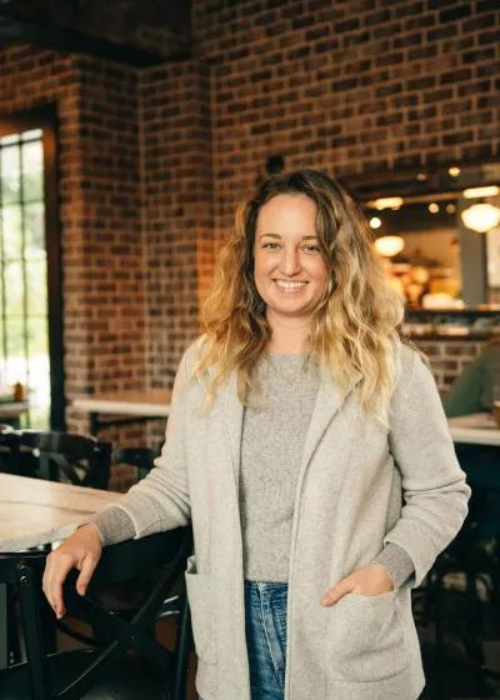
BIODIVERSITY
CARRIE LARSON
Carrie is a communications, special event and nonprofit executive with experience in campaign design and execution, grant management and special events. Her work is focused on the betterment of the Charleston, SC area food shed through unique activations and the design of meaningful projects and experiences. Carrie serves as the Executive Director of Slow Food Charleston and Pay It Forward Charleston, and as a consultant for a multitude of other mission-driven projects.

OUTSTANDING SLOW FOOD LEADER
IAN McFAUL
PREVIOUS SNAILBLAZER AWARDEES
OUTSTANDING SLOW FOOD LEADER
2021
Paula Shatkin
“Paula has devoted close to two decades saving the livelihood of apple farmers and biodiversity of apples.”
Willow Blish
“Willow revamped our inactive Slow Food East Bay chapter and put it on the map, bringing the San Francisco East Bay community together from the ground up.”
Biodiversity
2021
MONA ESPOSITO
“Mona Esposito, aka The Grain Lady, is an activist and advocate of restoring heritage grains to Colorado and supporting and recreating the network of farmers, millers and makers needed to make a regional grain economy thrive.”
JENNIFER HOLMES
“Jennifer is a UFIFAS Master Beekeeper, UFIFAS Senior Welsh Honey Judge, current President of Florida State Beekeepers Association, and Co-Chair of Slow Food Treasure Coast. Jennifer maintains a posture of engagement with nature.”
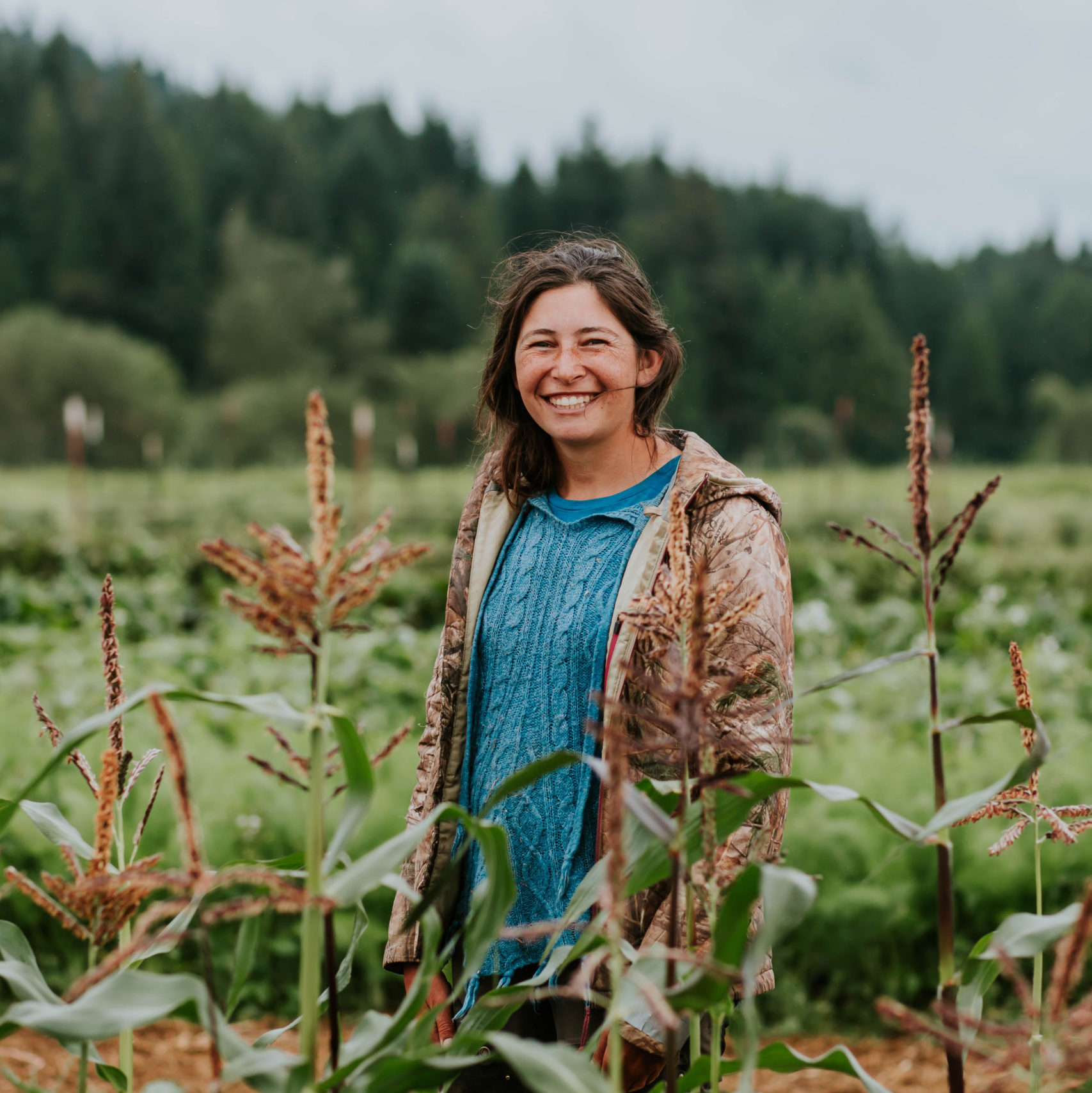
2020
Michelle Week
Michelle is a young leader who stands out for her passion for Native seeds and traditions and her ability to connect with and support other (often BIPOC) farmers. Michelle focuses on seeds, food sovereignty and the restorative, community building work of farming and nourishing her community in a way that truly inspires. Michelle is of Sinixt ancestry and part of the Colville Confederated Tribes. Good Rain Farm believes that through connection to a place, we can rebuild a culture of respect, honor, gratitude and reciprocity. The Farm has always held food sovereignty, empowerment, concern for community and honorable stewardship of the land as their founding principles. Good Rain Farm explores their relationship with this land, as they decolonize and question notions of ‘food” and ‘nourishment.’
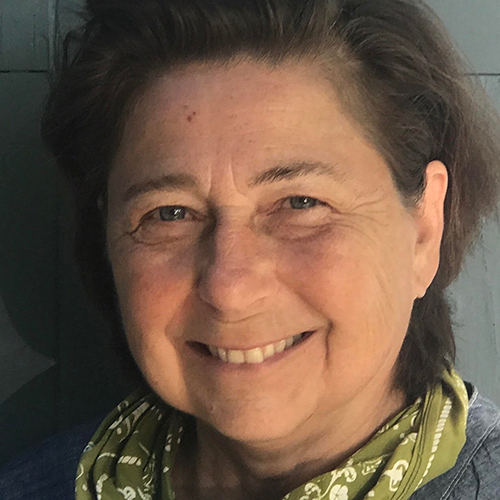
2019
Mimi Edelman
Mimi Edelman provides organic, biodynamic produce to chef partners on Long Island’s East End and New York City from her farm, I&Me Farm. She has led chapters in the Upper and Lower Hudson Valley regions and is one of the founders of Slow Food New York State, where she developed the Biodiversity Council. Mimi is currently on the board of Slow Food East End, leading the Sustainable Food Committe, and co-chair of the Northeast/New England Ark of Taste Committee. Her farm is the springboard for community action in food inequality, farm-based education and horticulture therapy.
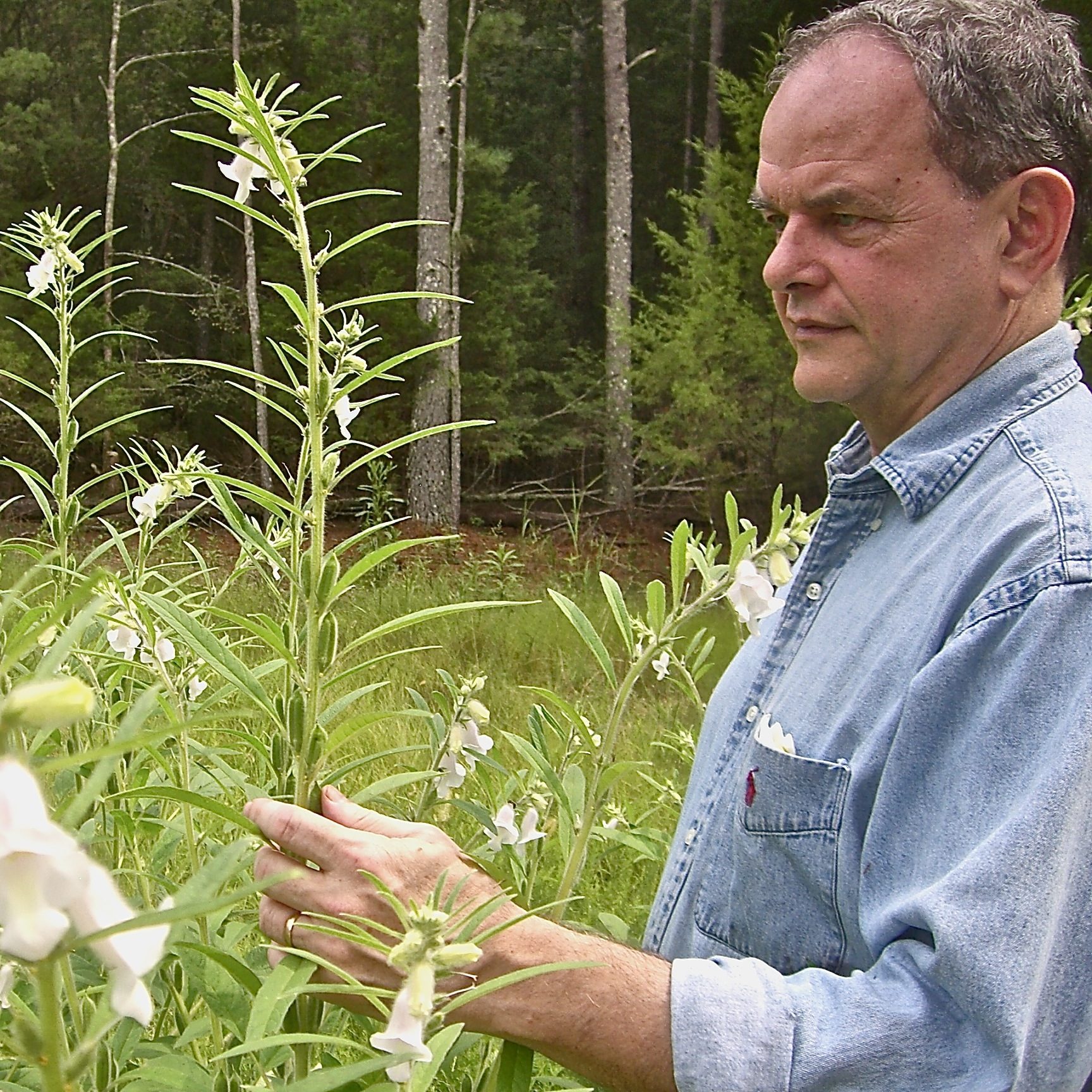
2018
David Shields
David Shields, the “Flavor Saver,” is on the Slow Food national Ark of Taste committee to preserve heritage grains in the South. His efforts and research have helped restore many regional historic crops. He serves as the Carolina Distinguished Professor at the University of South Carolina and was a finalist for a James Beard Foundation book award.
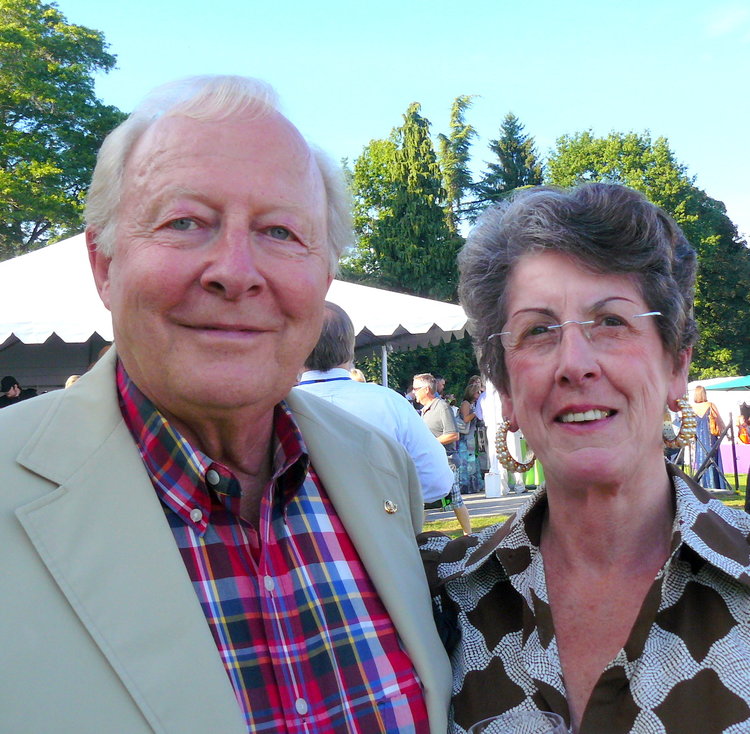
2017
Gerry Warren
Gerry Warren joined Slow food in 1996 and founded the Seattle chapter in 1997. He has been continuously involved since, as a chapter leader, board member, chairs of multiple committees and a mentor. His passion has always been Biodiversity, and has been a contributor to many national committees and initiatives over the years.
He has successfully nominated many NW products for the Ark of Taste, is the project coordinator of the Makah Ozette Potato Presidium and is pursuing development of new NW Presidia. As Regional Governor he currently coordinates and supports four chapters in Washington.
Gerry is a retired Clinical Professor in Rehabilitation Medicine and Bioengineering at the University of Washington Medical School. He and his wife, Diane, organic garden, enjoy cooking, and have been making better wine than they could afford to buy for nearly 50 years.
Children and EDUCATION
2021
Kawika Lewis
“Kawika and his family have done so much to educate and spread awareness about food sustainability on an ʻohana-based(family based) educational farm forming community partnerships for the perpetuation of Hawaiian culture and aloha ʻāina(land stewardship).”
Lauren Maples
“Lauren is the executive director and founder of PEAS (Partners for Education, Agriculture and Sustainability) founded with the mission to cultivate joyful connections with the natural world through outdoor learning and edible education.”
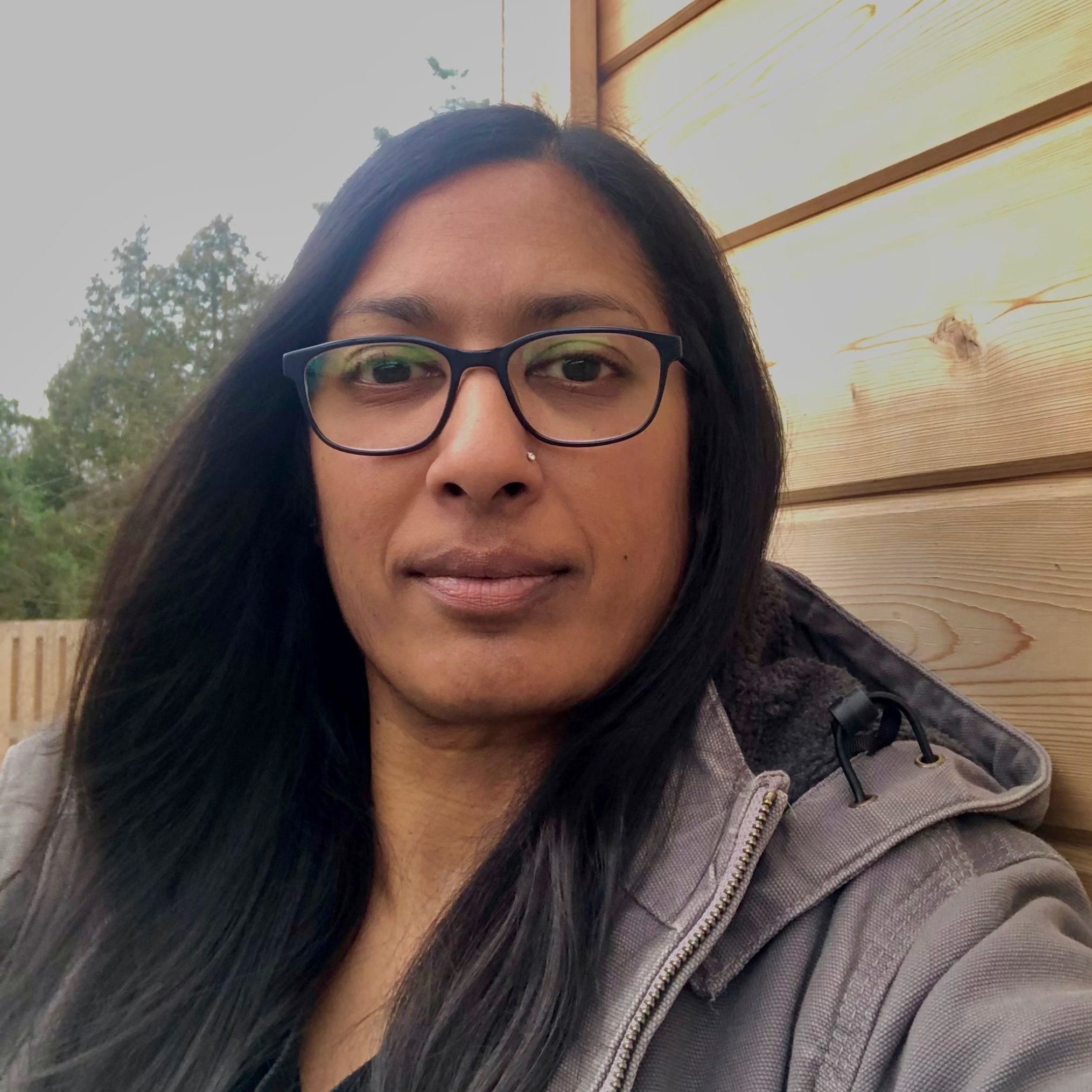
2020
Neha Shah
Neha Shah is an elementary educator and has been teaching in the Ann Arbor Public Schools for 15 years. Neha’s particular passions lie in environmental education, school gardening, and farm to school advocacy. She is a school garden coordinator at Burns Park Elementary School where she teaches. Neha currently co-chair’s the AAPS Farm to School Steering Committee where she supports local procurement efforts, district school gardens, and education around locally grown food. She also serves on the AAPS Wellness Policy Committee for her district. Neha absolutely loves teaching and has a deep passion for environmental education and advocacy. She believes students have exceptional voices and focuses on empowering students as solutionaries. Neha guides their learning by providing students with real and authentic teaching experiences that intersect EcoJustice, Place-Based, and Community Centered education with the public school curriculum.
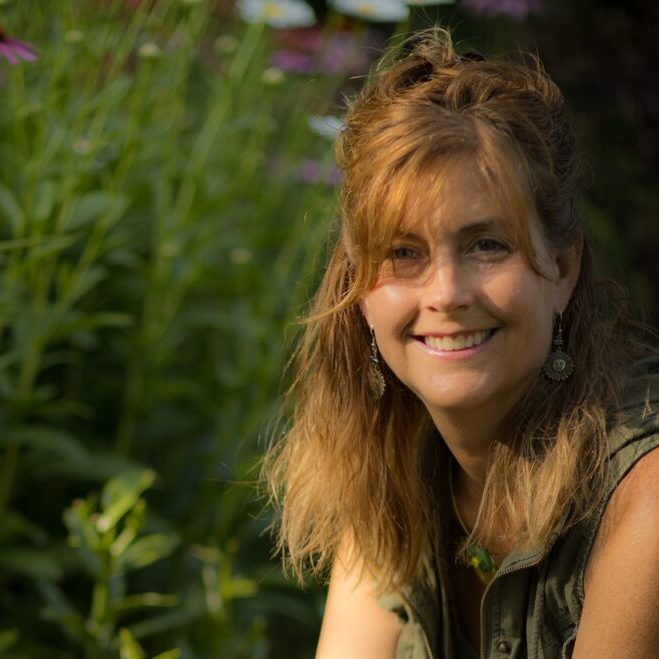
2019
Cynthia Walters
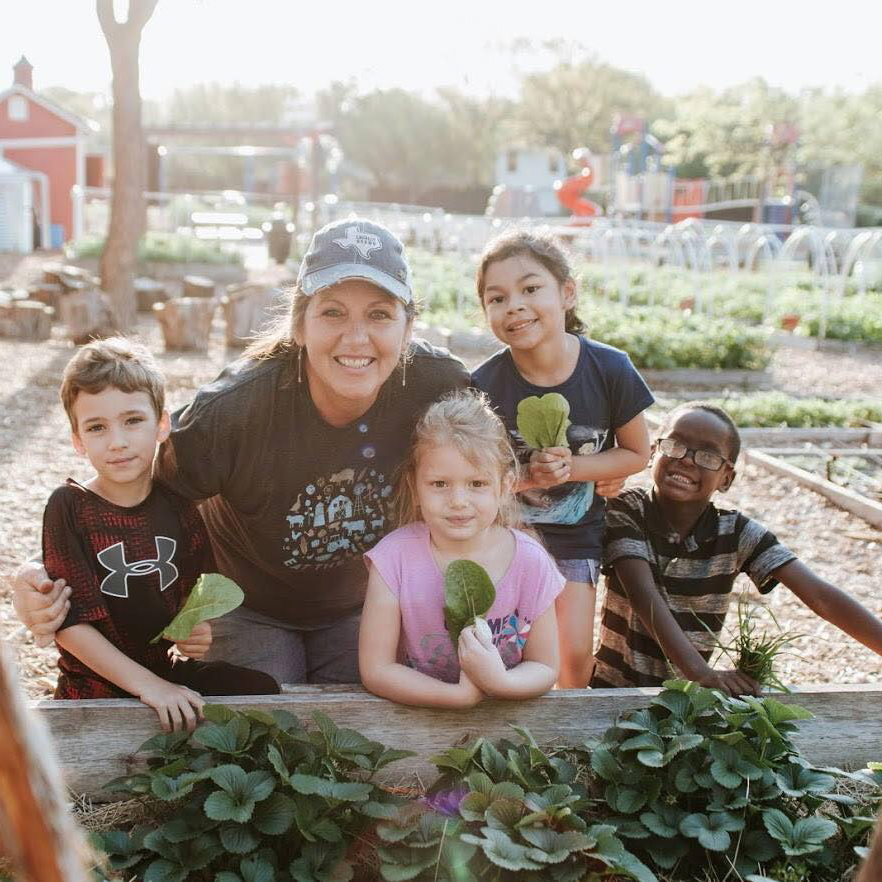
2019
Kim Aman
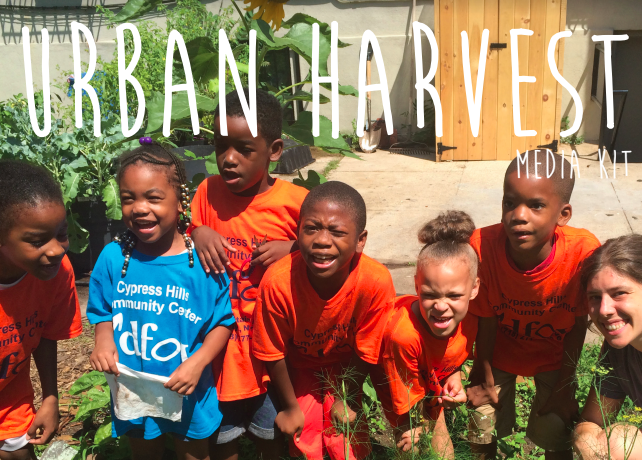
2018
Slow Food NYC
Slow Food NYC’s Urban Harvest program offers urban farming education programs to public school children throughout New York City. The in-school program supports educators with microgrants covering expenses related to school gardens, student-led farm stands, culinary and nutrition education, food justice, and on-site support. SFNYC’s innovative Ujima garden program runs over the summer and offers free community garden and cooking classed for children to learn about growing and eating based on Slow Food’s three pillars: good, clean and fair.
2017
Andy Nowak
Andy Nowak was awarded the Slow Food Snail Blazer award at Slow Food Nations in Denver 2017 for his amibtious work in creating school garden programs. Nowak was the Project Director for Slow Food Denver’s “Seed to Table” (STT) school food program from 2001-2012, growing the program from four school gardens to more than 60 school sites. For the past five years, Andrew has been the community partner for Denver Public School’s School Food Learning Lab, helping the District source local foods for the cafeteria, to train the school kitchen staff how to scratch cook and to implement salad bars throughout the district’s cafeterias. On the National level, Andrew is a “Hall of Fame Chef” with Share Our Strength’s “Cooking Matters” program and was one of six chefs invited to the White House in 2010 to help develop the “Chefs Move to Schools Program.”
Cooking and Community
2021
Joi Chevalier
“Joi opened Austin’s first food incubator hub. The Cook’s Nook is a community of culinary professionals working to create businesses, events, and policies that are profitable, sustainable, equitable, and engaged.”
Daiken Nelson
“Daiken’s nonprofit, Mandala Kitchens, introduces trainees to the basics of culinary work. Though open to all, there is a focus on providing support for those with barriers to employment. Mandala Kitchens also has a catering company which is staffed by trainees and graduates from a culinary training program and provides a free weekly meal in Harlem, NYC and a twice-monthly meal in the Upper West Side, NYC.”
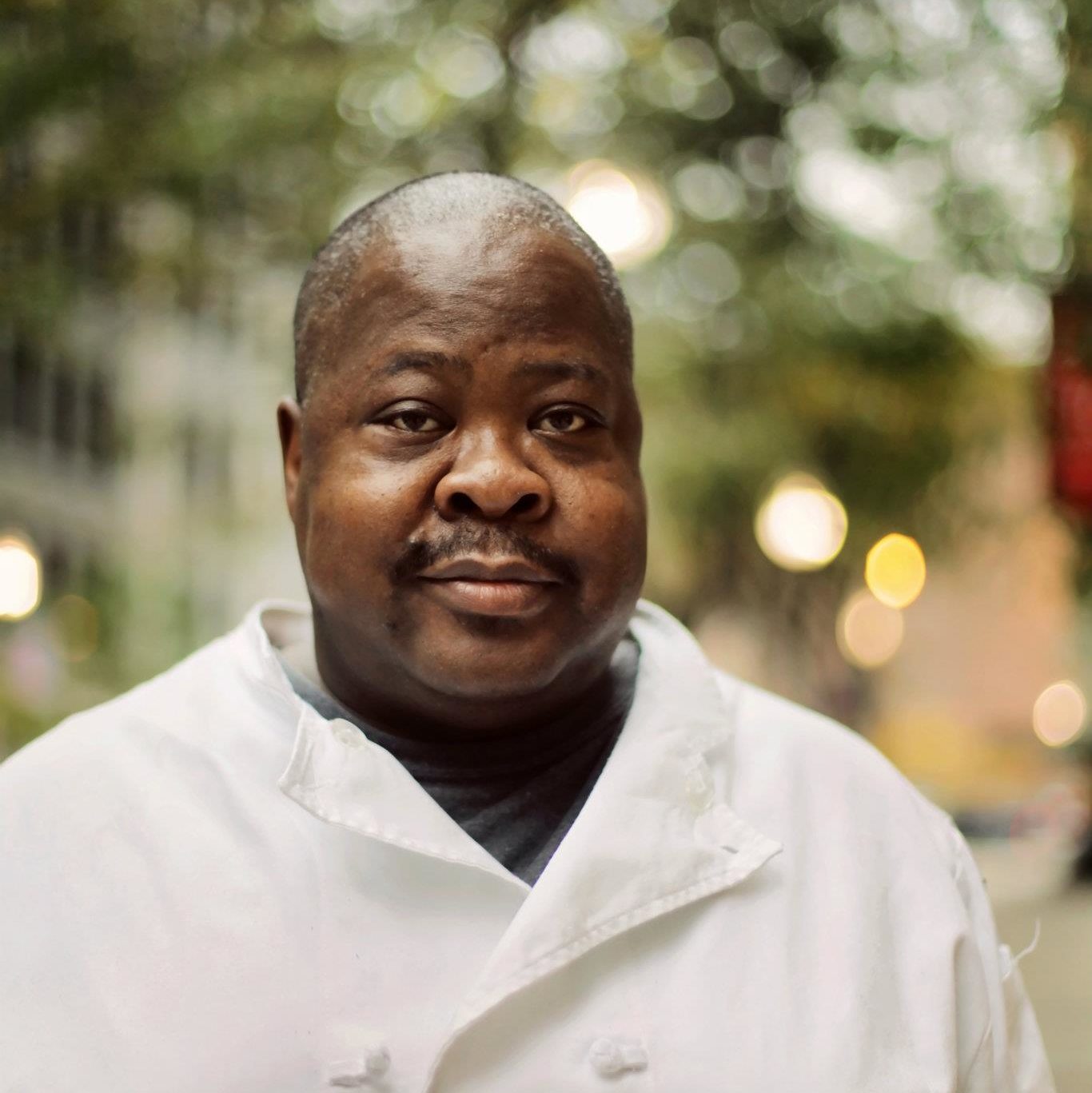
Photo by Cybelle Codish
2020
Phil Jones
Phil is a seasoned chef and activist. He is known and well-respected across the country, and through Slow Food has been making connections with chefs in Africa and throughout the African diaspora. Phil is committed to the transformation of community through food — mentoring young black men in the food world; working with local growers creating phenomenal dishes with what they have grown (and growing himself); curating events in the ‘hood that rival any high-end downtown restaurant; partnering with some of everybody to do food rescue and distribution; always sharing rarely lifted history of a food item or dish, especially if it has African or roots throughout the diaspora; and speaking truth to power with regard to racism, classism, and justice. He recently launched Farmacy Food to bring attention to the healing power of food to address so many of the health issues facing our community-particularly black communities. He does all of this to uplift community, and give attention to the important work happening in community — never for personal accolades or gain.
Emerging Leader
2021
Te’Lario Watkins II
“Te’Lario is 13 years old. He started a community garden to feed his community, donates some of his produce to local food banks and pantries, and also speaks to children and adults about his mission help end hunger and encourage kids to eat healthier. He’s starting a new garden soon.”
Sara Jean Whelan
“Sara Jean is an incredible Slow Food advocate. When she served as president of Slow Food Vermont, she worked year-round to support farmers and to help keep local communities fed. Sara Jean is a co-founder of SFYN USA and also serves on the international board of the Slow Food Youth Network.”
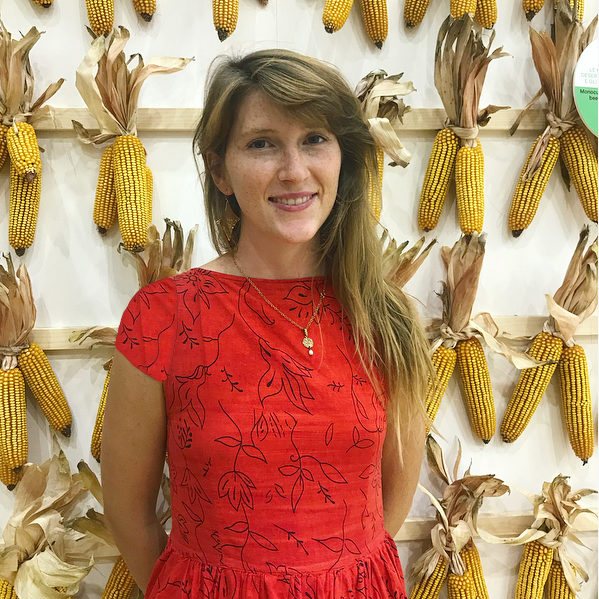
2020
Lauren Nelson
Lauren Nelson helped revitalize the Slow Food Youth Network USA to engage youth across the country in the Slow Food Movement. Through her work as a farmer, food policy consultant and volunteer, Lauren works to improve food sovereignty and access to good, clean and fair food. As a grassroots organizer of SFYN USA, Lauren advocates for youth to become leaders in their local food communities. With dreams of an equitable, accessible, biodiverse and delicious future of food, Lauren looks forward to the many ways SFYN USA will grow and aid youth in changing our food system.
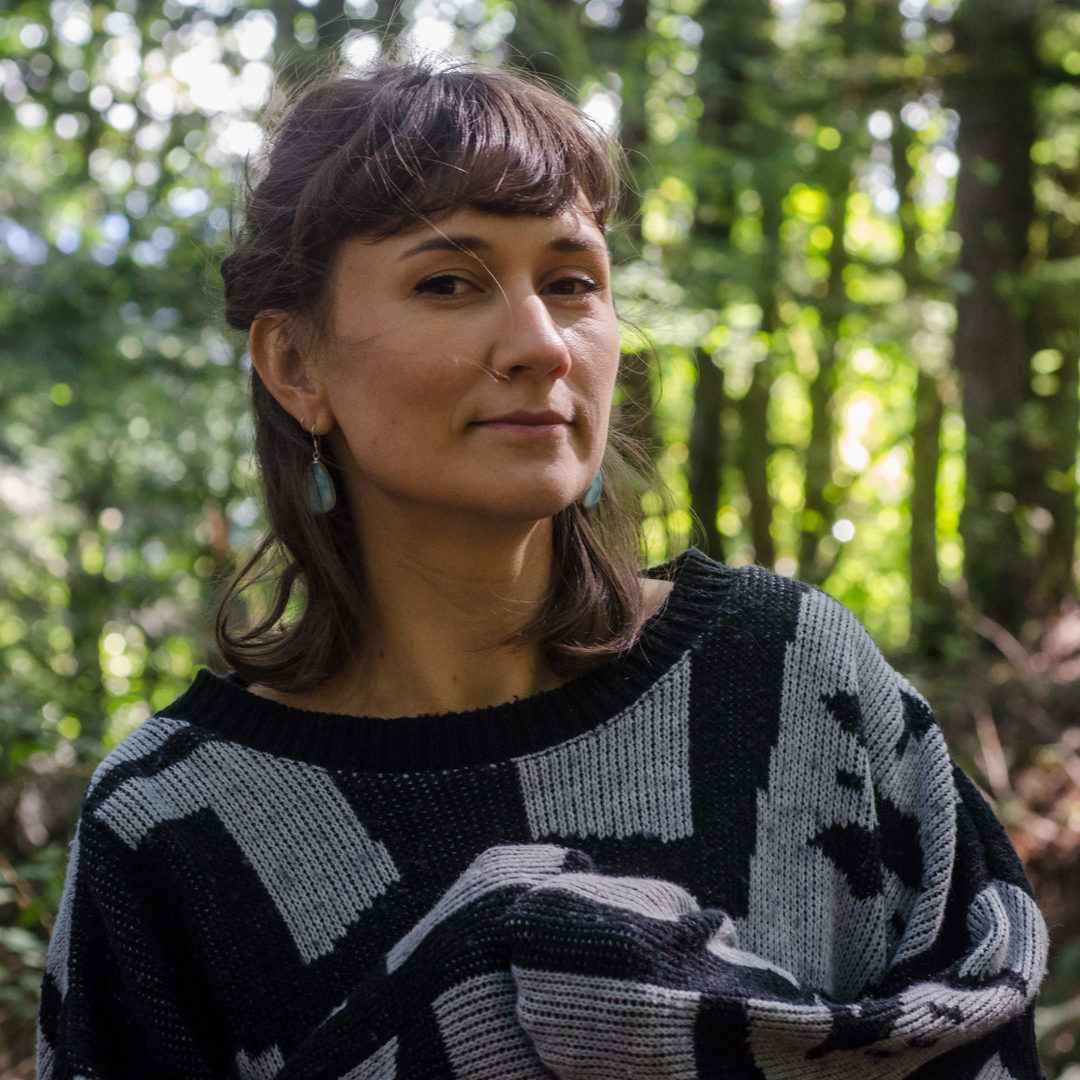
2020
Madison Taylor
Madi’s role with Slow Food Portland builds projects and partnerships to develop a food system that is socially just, with the goal of dismantling the barriers of racism, classism, gender discrimination, and other systemic oppression. Madi is at the helm of the activities like Market Scouts and Market Discos, which take place at a farmers market that prioritizes support for immigrant farmers. She has also focused on inclusion and equity in Slow Food Portland’s Social Impact Experiences, which largely showcased and supported BIPOC people and businesses. She has helped to integrate and support the activities of the Slow Food Portland Youth Network. Madi currently works at Salmon Nation, an organization that exists to accelerate a vibrant and growing movement towards healthier, localized, more regenerative economies and communities.

2019
Colleen Morich

2018
Laura Luciano
Laura Luciano has been a passionate and dedicated volunteer leader of the Slow Food movement since 2013. She is a professional graphic designer and author of the blog “Out East Foodie.” She regularly writes for Edible Long Island and Edible East End. Laura serves as State Governor for the New York chapters and recently joined the board of Slow Food USA.
Family Farming
2021
Rosalind Brooks
“Rosalind converted a 5 acre donated lot to a community garden. Vegas Roots is a black-owned community garden that provides locally grown produce to the community for an affordable price.”
Sue Salinger
“Grounded in the ancient, earth-based Jewish wisdom tradition, Sue brings several decades of transformational project design and execution to Ekar Farm, a non-profit educational farm in Denver, Colorado that trains farmers, educates over 5000 students and program participants each year, and grows and distributes over 20,000 pounds of produce for people experiencing food insecurity.”

2020
Cory Carman
Cory is one of the leaders of a movement of cattle ranchers practicing regenerative agriculture. Carman Ranch follows holistic management practices that integrate social, economic, and environmental factors to help the ranch succeed economically, improve the health of the land, and provide local communities more nutritious food. It is Cory’s hope that the work she and her producer group are doing will help others raise and market authentic grassfed beef.
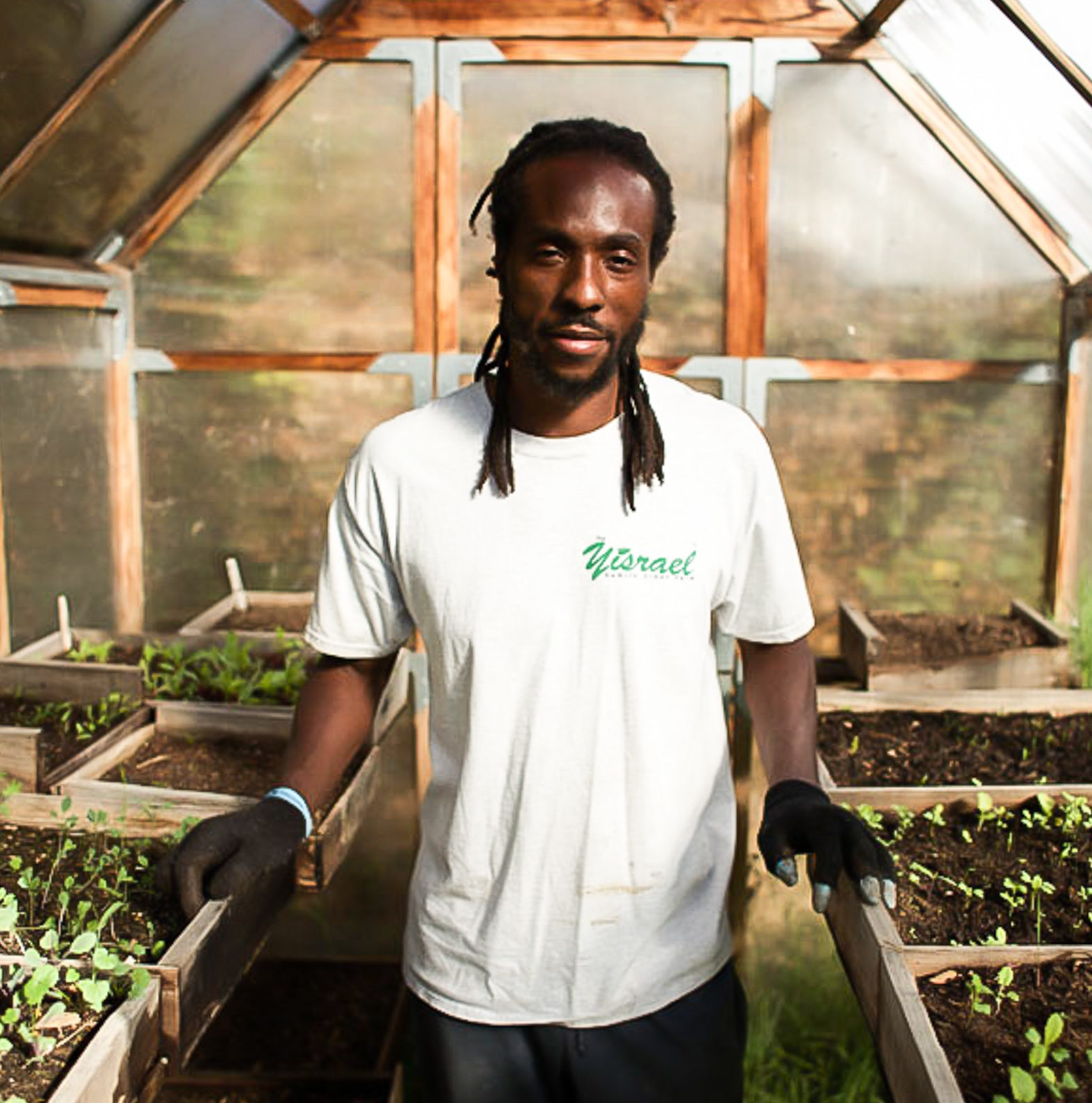
2019
Chanowk Yisrael
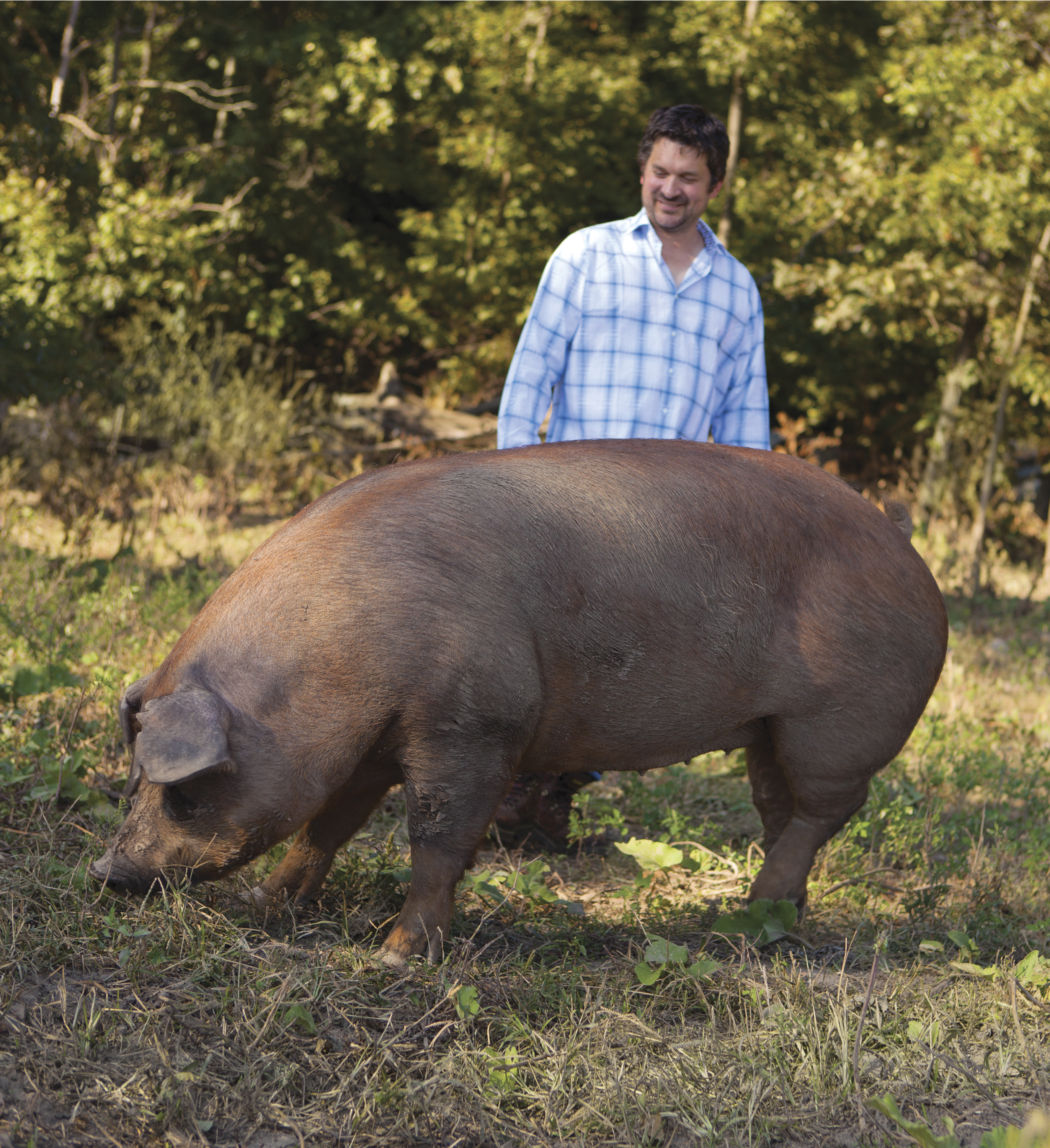
2018
Greg Gunthorp
Greg Gunthorp is a fourth generation hog farmer in northeastern Indiana, where he raises pasture-based hogs and poultry with his wife and daughters. Greg has been active in sustainable agriculture and his farm supplies some of the top restaurants in the Chicago area with ethical, sustainable meat and poultry.
Fishing & Waterways
2021
Melanie Brown
“Melanie is an Indigenous organizer at Salmon State, the owner and operator of Fish People Consulting and Services and a champion for sustainable fish management in Bristol Bay, Alaska.”
Colles Stowell
“Colles is an incredibly thoughtful, caring, and passionate activist who rallies diverse networks to come together and align around shared values. He is the glue in the Slow Fish network.”

Photo by Elizabeth Robertson, Philadephia Inquirer
2020
Dr. Talia Young
Talia is the founder and director of Fishadelphia, a dock-to-dish community-supported fishery (CSF) program located in Philadelphia, PA. The mission of Fishadelphia is to connect communities by bringing high quality, fresh seafood from regional harvesters and processors to economically and culturally diverse consumers in Philadelphia at reasonable prices. Fishadelphia fuses Talia’s creativity and expertise as a researcher, devotion as teacher and mentor, and her dedication to social justice and sustainable food systems. Close, personal connections that Talia and her students maintain with their customers and their fishermen make Fishadelphia a thriving and successful example of sustainable and accessible food systems.
Talia is inspiring the next generation of fisheries biologists and conservation scientists to prioritize community needs, food justice, and inclusive practices in the slow-food movement that simultaneously benefit the community and local sustainable fisheries and fishing families.
In 2018, Fishadelphia’s pilot year, their customer base was 60 families. Two years later, in the midst of a pandemic, FIshadelphia is now serving 275 families and has distributed 5,000 lbs. of fish and 25,000 shellfish. This equates to over $25,000 in direct revenue to local seafood harvesters and producers, and thousands of fresh, healthy dinners for Philadelphian families.
Food & Ag Advocacy
2021
Whitney Roberts
“Whitney is the founder and executive director of the Cheese Culture Coalition, a nonprofit organization with the goal of promoting equity and inclusion within the cheese industry. They offer educational cheese classes for BIPOC youth and provide a grant for BIPOC individuals who would like to further their careers in the industry.”
Matthew Vernon
“Matthew has helped immigrants and refugees find their passion in the kitchen by providing a safe space for them to train and grow their job skills.”
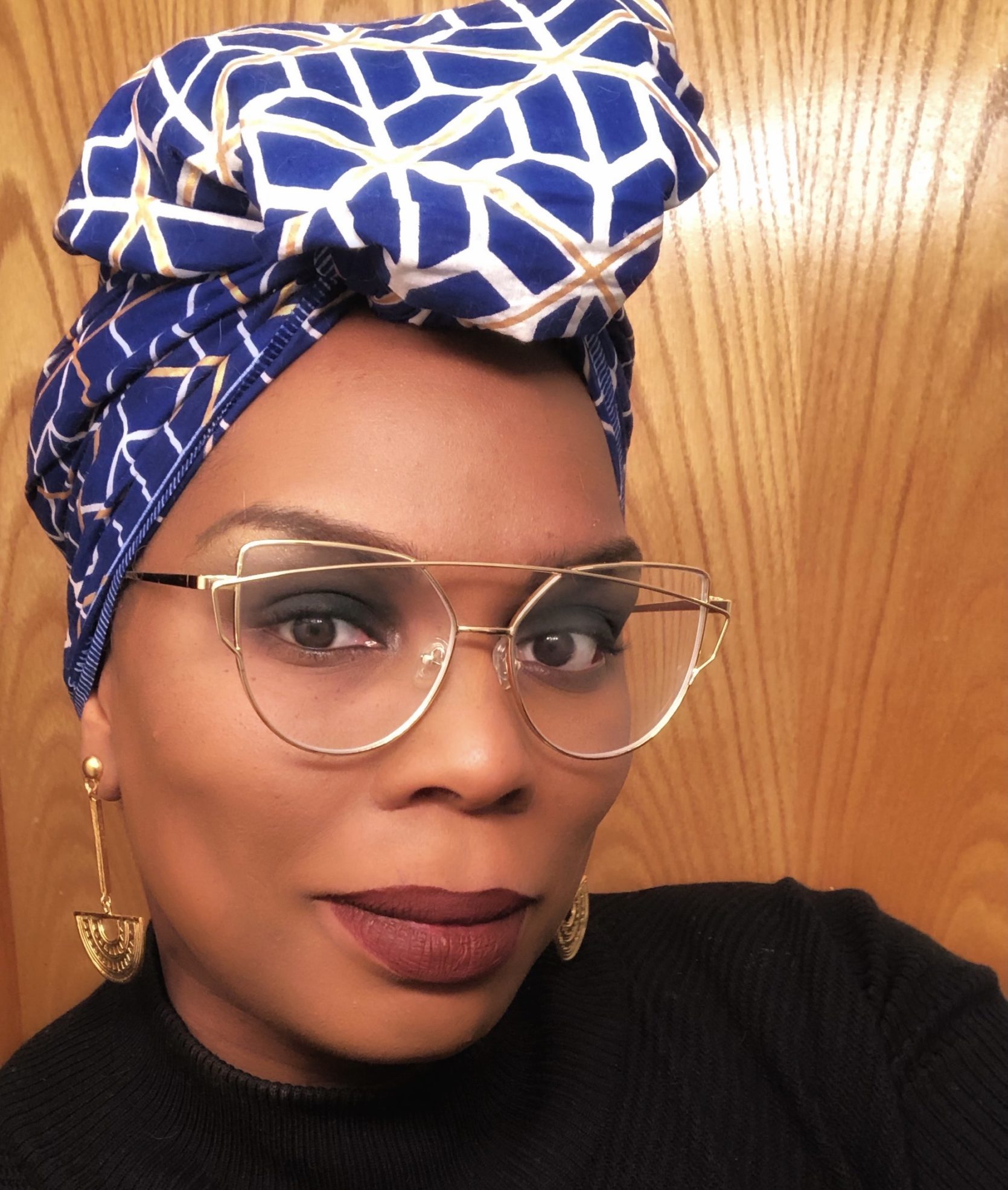
2020
Adrian Lipscombe
Adrian has worked tirelessly to make a place for Black history at the food table. Adrian has launched 40 Acres Project with the mission to create opportunities for Black land ownership in the midwest and across the nation. In Wisconsin, there are over 65,000 farmers, but only 65 are recognized as Black, and zero are located in Adrian’s region. Adrian operates Uptowne Cafe + Bakery, the only sit-down restaurant in the region that is Blacked-owned, and she has developed relationships with diverse farmers within her region to provide fruits, vegetables, and protein for her restaurant. She has helped revitalize the Northside of La Crosse through community organizing and neighborhood revitalization projects. She created opportunities like the “Farmer to the Table” by holding events for the farmer to meet who is eating their food at the restaurant and help close the food chain supply gap. Her word this year is “Legacy” and often says, “Everything we do must be for our future for all.” She carries this with all the work she does as she makes sure it is sustainable and equitable to everyone.
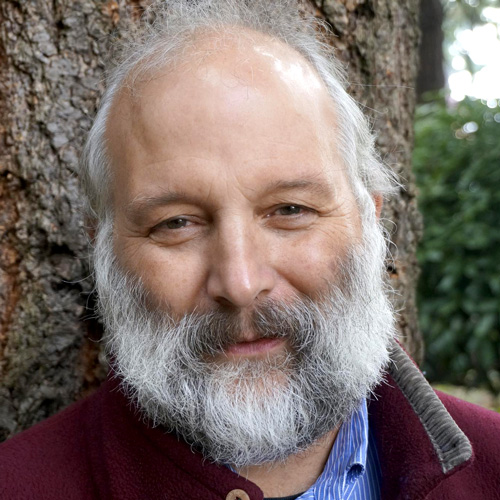
2019
Kevin Scribner

2018
Brenda Ruiz
Brenda Ruiz is a chef, educator, and activist from California and a board member of Slow Food Sacramento. Brenda’s grassroots activism has created lasting urban agricultural reform in her city by going to the source and teaching local policy makers about land use issues. Brenda and her son converted their front yard to a thriving vegetable garden to promote Slow Food and local eating in their community.
2017
Ed Yowell
Ed Yowell has been a member of Slow Food since 2000. Presently, on the Slow Food NYC Board, he: co-chairs the Urban Harvest Committee, supporting good food education in 15 New York City schools and on a tuition-free, educational, urban farm in East New York, Brooklyn; serves on the Development Committee; and volunteers regularly with the SLOW U committee, that produces “slow” educational events. He also serves on the advisory committee of the New York City Greenmarket and on the American Farmland Trust New York Advisory Council. He is a Co-Chair of the Slow Food USA Food and Farm Policy Steering Committee and served as the Slow Food USA Northeast Regional Governor from 2005 to 2015.
Food Justice
2021
Lyn Farrugia
“Lyn is the leader and inspiration behind the Chubby’s Project and a tireless advocate for intentional neighboring. She believes that every lunch, every smile, every conversation builds trust and moves us all forward together.”
Briana Tejuco
“Briana created a program called Nourishing Pregnancy that increases food security, cooking confidence, and community support among Black and Latinx birthing parents.”

2020
Sean Sherman
Chef with NATIFS, The Sioux Chef, Indigenous Food Lab
Sean Sherman shows us how healing foodways and reclaiming culture is inseparable from the values of Slow Food. He has built community to an enormous extent, and created a place for Indigenous chefs to collaborate and innovate. It’s positive and empowered work centered around healing the food community by teaching people how to cook, grow, and interact with Native ingredients so that communities have greater access to good food. Sean’s work is bringing Indigenous food to a broad community to foster acceptance and celebration of food native to this land and uplifting the work of so many in the Indigenous Slow Food community by giving them the space and community to interact.

As Indigenous people, we are reclaiming and regaining our identity through our traditional healthy food….Don’t exist to make a living. Exist to make a difference.
2019
Denisa Livingston
Denisa Livingston is a tribal member of the Navajo Nation. She is currently one of ten 2016-2017 Empowered-to-Serve National Ambassadors for the American Heart Association. She is committed to addressing the diabetes epidemic, the dominant culture of unhealthy foods, and the lack of healthy food access on the Navajo Nation. Denisa is a community health advocate for the Diné Community Advocacy Alliance (DCAA). DCAA have been globally recognized for the successful passage of several laws, the first of its kind in a food desert: Elimination of Tax on Healthy Foods, the Healthy Diné Nation Act of 2014 or Unhealthy Foods Tax, and a tax revenue allocation for Community Wellness Projects for all 110 Navajo Chapters.
From UNLV, Denisa received a bachelor’s degree and a Master of Public Health degree. She is an alumna of Leadership San Juan and Leadership New Mexico Connect program. She was a W.K. Kellogg Foundation nominee and a Slow Food International delegate of the International Indigenous Terra Madre event in Northeast India and Salone del Gusto Terra Madre in Italy. She is a member of the Slow Food Turtle Island Association, National Young Farmers Coalition, a national Sugar Action Group, and an advisory member of Reclaiming Native Truth: A Project to Dispel America’s Myths and Misconceptions. She was featured in the Washington Post live event – America Answers: Changing the Menu, Gourmet News Magazine, TV Tokyo, Mother Jones, Civil Eats, Al-Jazeera America, NPR, and others.

2018
Jim Embry
Jim Embry has been a lifelong social activist. His work began more than 50 years ago when he joined the Civil Rights movement as part of the Congress of Racial Equality. In 2007, he founded the Sustainable Communities Network, an organization dedicated to contributing to the development of the theory and practice of sustainable living in his community in Lexington, KY. He has been an active participant in Slow Food’s Equity, Inclusion and Justice Committee.
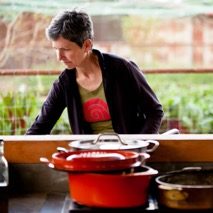
2017
Charity Kenyon
Charity Kenyon is a founding member of the Slow Food California Board and formerly the Governor for the Central Valley of California and an International Councilor. She serves on the Slow Food California Policy Committee and Slow Food USA Food and Agriculture Task Force and is a policy activist with other state and national nonprofits including the Sierra Club. Charity co-chairs the Slow Food USA Equity, Inclusion, and Justice Working Group and has coordinated food justice programming for Slow Food Nations 2017 and 2018.
Food storyteller
2021
Adrian Miller
“Adrian is an author who writes books that are focused on African American culinary history. He also educates individuals in his community of Denver about stories of African Americans and their relationship with food.”
Inga Witscher
“Inga’s television series communicates to all ages and all political views about the importance of healthy soil to produce healthy food and healthy people.”
